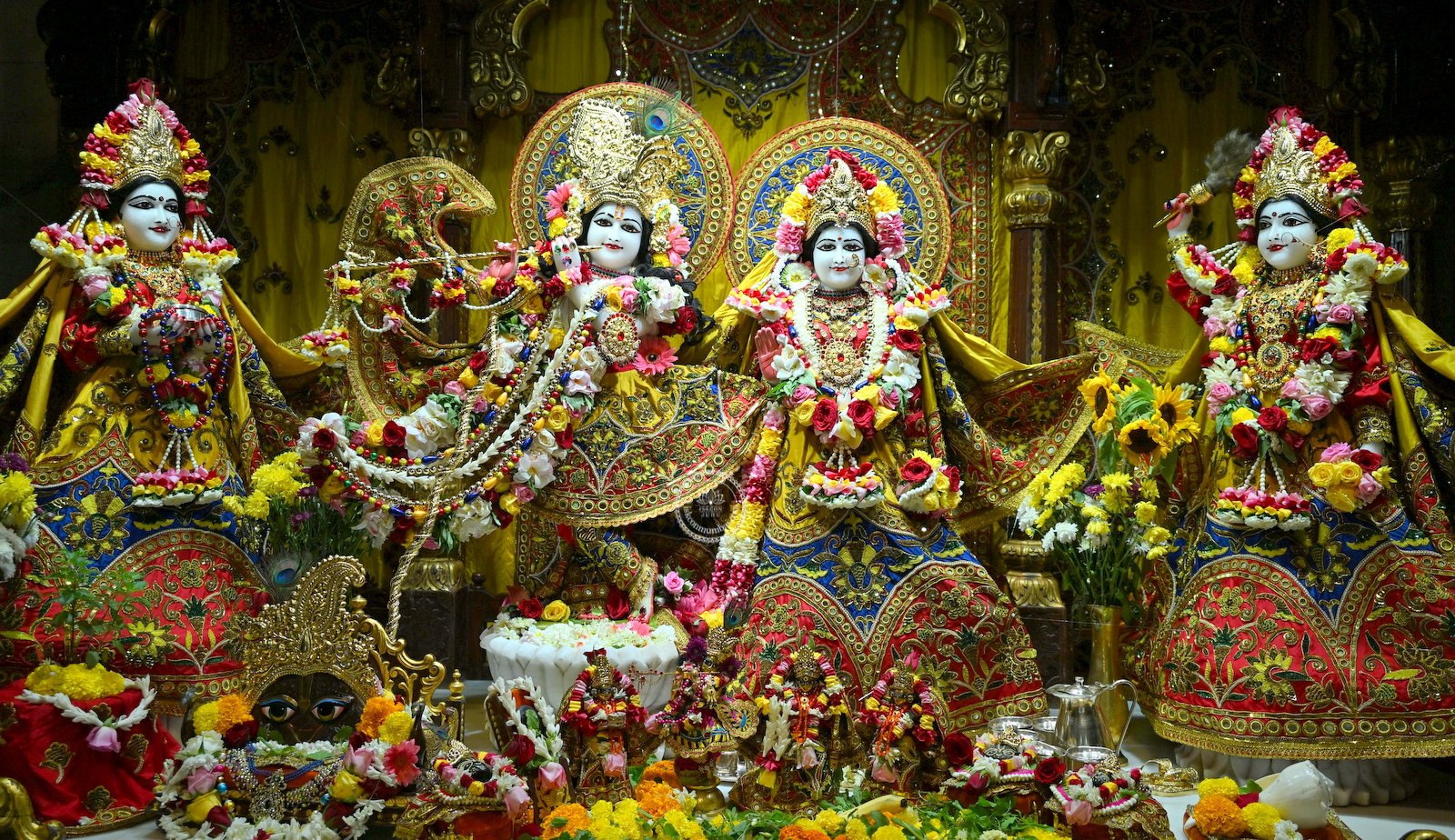
There are two types of devotees—bhajanānandīs and goṣṭhy-ānandīs. Bhajanānandīs worship the Lord for their personal benefit, while goṣṭhy-ānandīs try to elevate all others to Kṛṣṇa consciousness so that they may be saved:
“There are goṣṭhy-ānandī and bhajanānandī. Bhajanānandī is interested for his own welfare, or they think it that he is not competent enough to preach; therefore he does not go for preaching work. Sva-vimukti-kāmā: “Let me look after my own affairs.” “Oil your own machine.”So this is another stage, and other stage is a devotee taking all risk, preaching for the benefit of the whole human society. He is called goṣṭhy-ānandī, increasing the number of devotees. That is preferred by Kṛṣṇa. It is said in the Bhagavad-gītā, ya imaṁ paramaṁ guhyaṁ mad-bhakteṣv abhidhāsyati: “Anyone who is engaged in preaching this confidential science of Bhagavad-gītā,” na ca tasmān manuṣyeṣu kaścid me priya-kṛttamaḥ, “nobody is dearer to Me than he is.” So if you want very quickly recognition by Kṛṣṇa, go on preaching Kṛṣṇa consciousness. Even if it imperfectly done, but because you are sincere in your capa…, whatever capacity you have got, if you preach, then Kṛṣṇa will be very much pleased. I have seen practically.”
(Śrīla Prabhupāda’s Lecture on Śrīmad-Bhāgavatam 7.9.44 — Delhi, March 26, 1976)
“So my Guru Mahārāja, Bhaktisiddhānta Sarasvatī Ṭhākura, he was goṣṭhyānandī. He wanted to increase the number of devotees. And the more you increase the number of devotees, the more you become very much recognized by Kṛṣṇa. It is Kṛṣṇa’s business. Kṛṣṇa personally comes as He is, Kṛṣṇa, to spread this bhakti cult. Man-manā bhava mad-bhakto mad-yājī māṁ namaskuru (BG 18.65). Sarva-dharmān parityajya mām ekaṁ śaraṇaṁ vraja (BG 18.66). He’s canvassing personally.”
(Śrīla Prabhupāda’s Lecture on Śrī Caitanya-caritāmṛta » Ādi-līlā 1.13 — Mayapur, April 6, 1975)
“Prabhupāda: Bhajanānandī is not so important than goṣṭhyānandī. Bhajanānandī is doing for himself, and goṣṭhyānandī is doing for all living being. If you prepare some rasagullā for you, and if you prepare rasagullā for mass of people, then who is better? Rasagullā is good, but if you prepare for yourself only, then that is also good. But one who is preparing for so many hundreds and thousands is better.”
(Śrīla Prabhupāda’s Morning Walk — January 20, 1976, Mayapura)


